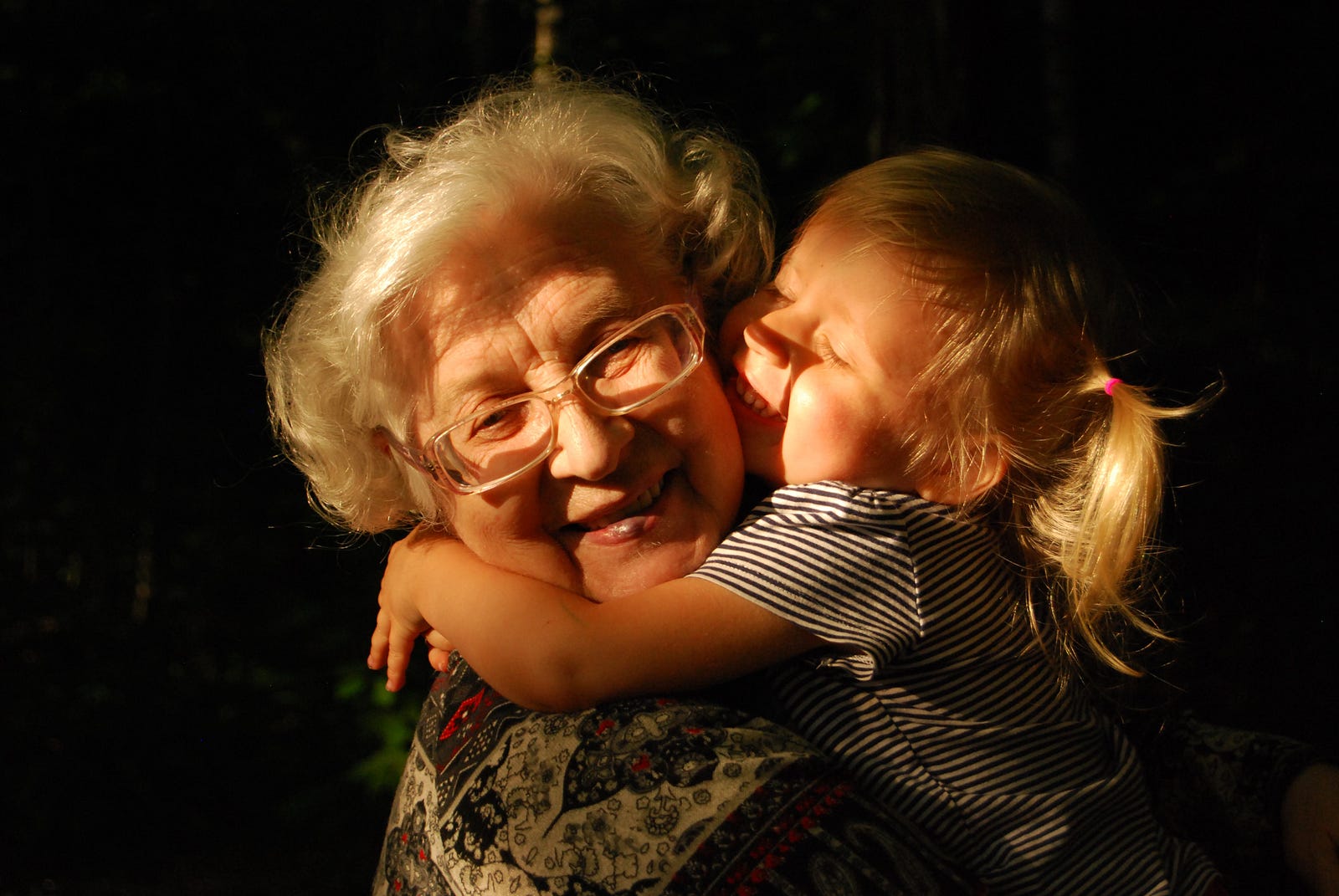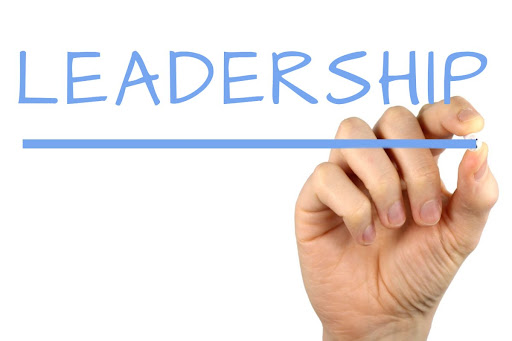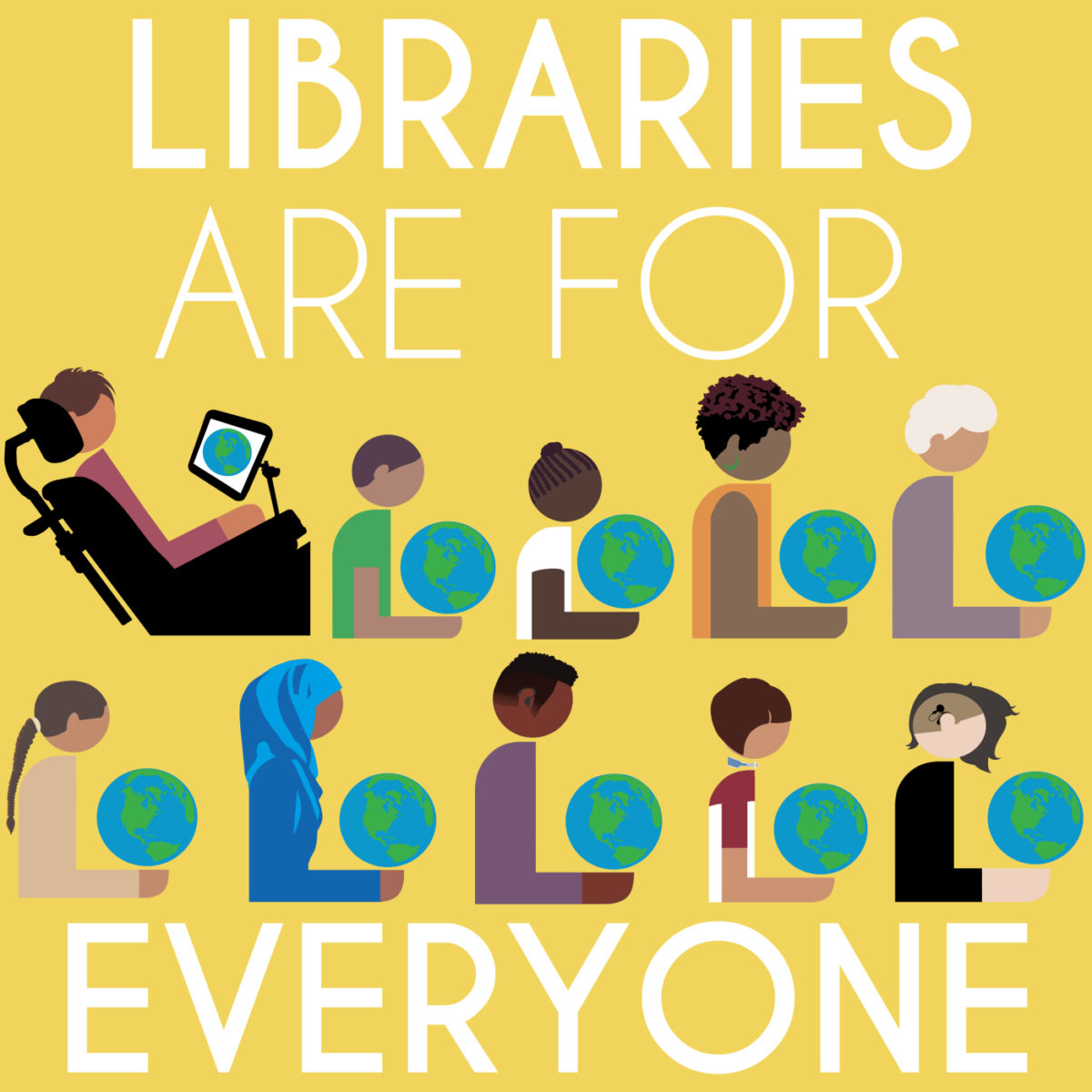Caring for aging parents is a journey that many of us take on expectedly. As our loved ones enter the later stages of their lives our own lives change. While it is an opportunity to give back and express our gratitude, it is not without its share of challenges. As I navigate through caregiving, I have come to realize the emotional toll it takes. I also discovered the profound rewards that come with caring for aging parents.
Life Balance
One of the most significant challenges I encountered is balancing my life and responsibilities with the needs of my parents. The demands of work, raising a family, and managing personal affairs can sometimes clash. With the time and energy required to ensure the well-being of my parents it’s hard to think of yourself.
It often feels like a juggling act, constantly trying to find a delicate balance. The give and take of caregiving and maintaining “normalcy” in my own life is tough. It is a delicate dance of making sacrifices, setting boundaries, and seeking support. Whether that support is from other family members or external resources to share the load, every bit helps.
Emotional Challenges

Emotionally, caring for aging parents can be a rollercoaster ride. Witnessing the physical and mental decline of the ones who once cared for you can be heart-wrenching. It is a reminder of their mortality and our own vulnerability. Feelings of guilt, frustration, and helplessness may come up.
As you grapple with the reality of their changing needs and our own limitations, you get sad. Yet, in the midst of these challenging emotions, there is also an opportunity for profound growth, empathy, and connection. It is a time to cherish the precious moments, celebrate small victories, and deepen your bonds with them every day.
Healthcare Frustrations

Navigating the healthcare system and ensuring the best possible care for your parents is yet another hurdle. The maze of medical appointments, medications, and complex decisions can be overwhelming. Advocating for their needs, understanding medical jargon, and coordinating with various healthcare professionals can feel like another full-time job. It requires patience, perseverance, and the willingness to become an informed advocate for your loved ones.
However, being an active participant in their healthcare journey allows us to be their voice. You must ensure their needs are met and advocate for the quality of life they deserve. Because no one else will.
Rewards

Despite the challenges, caring for aging parents also brings immeasurable rewards. It is an opportunity to give back and show gratitude for the love and care provided us throughout our lives. It deepens our understanding of the value of family, love, and the fragility of time. It teaches us resilience, patience, and compassion.
Witnessing the small victories, the moments of joy, and the strength and resilience of people is amazing. It is a testament to the human spirit and the power of love for family and friends.
Caring for aging parents is a journey that tests our limits, challenges our emotions, and stretches our capacity for compassion. It is not an easy path. It is one filled with profound growth and moments of immeasurable grace. As I continue on this journey, I am reminded of this privilege of caring for my parents. It is a gift that I will forever cherish.
Find more inspiration at KathyHusserTempe.com






